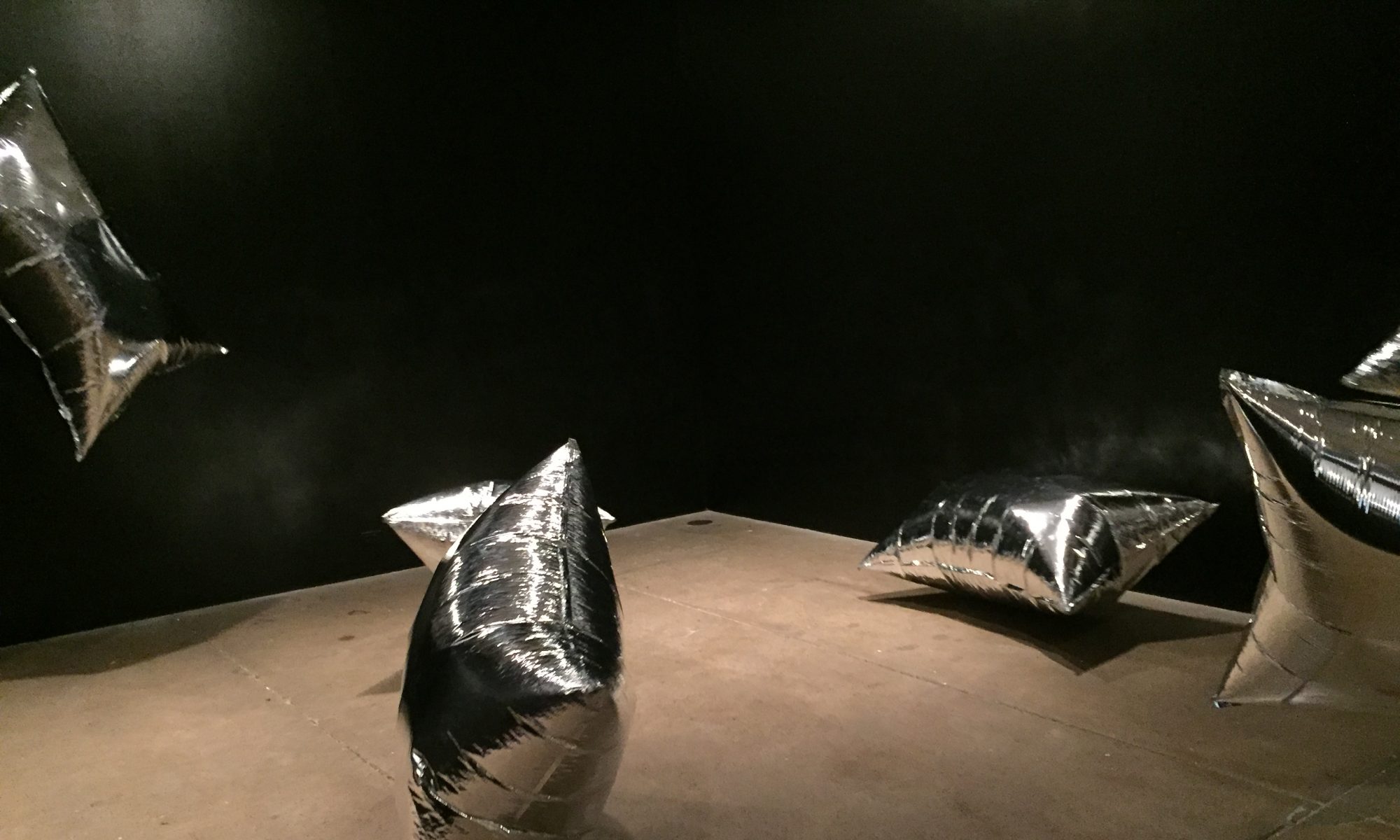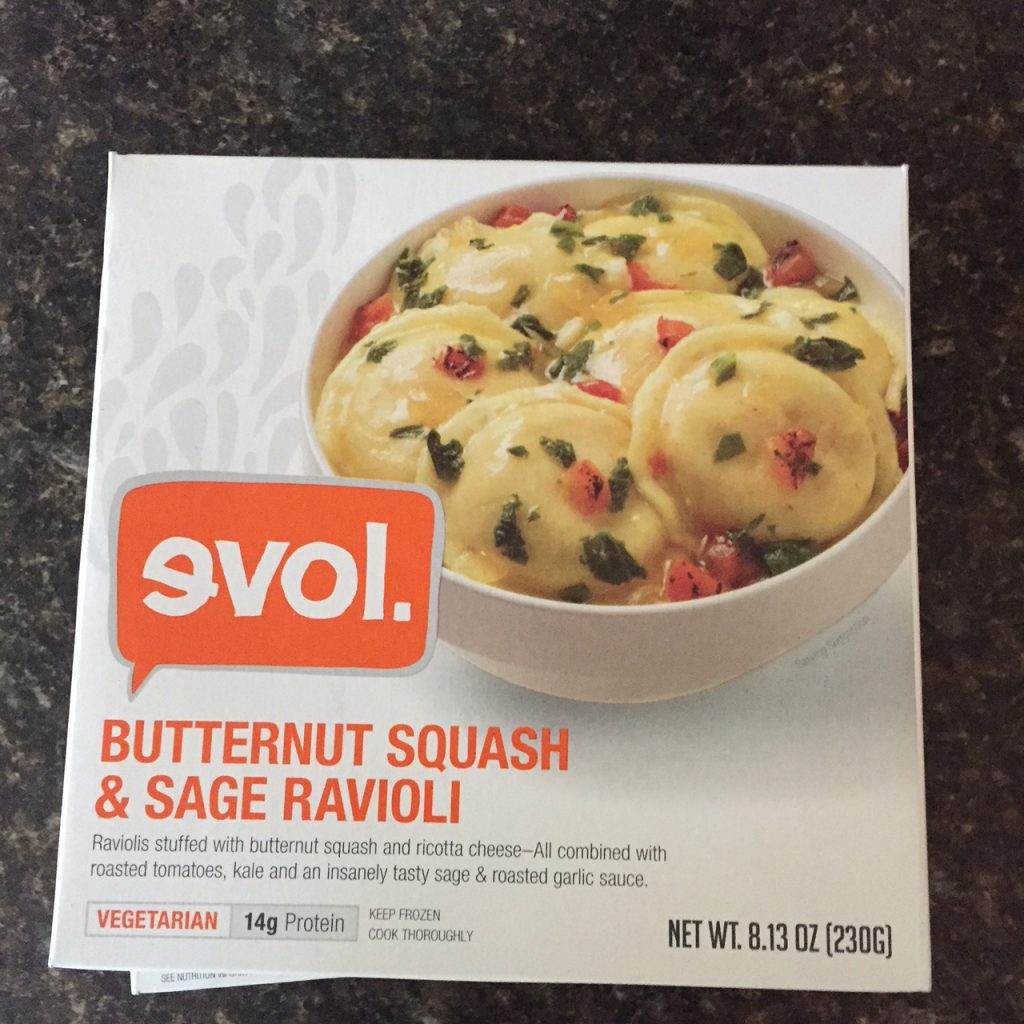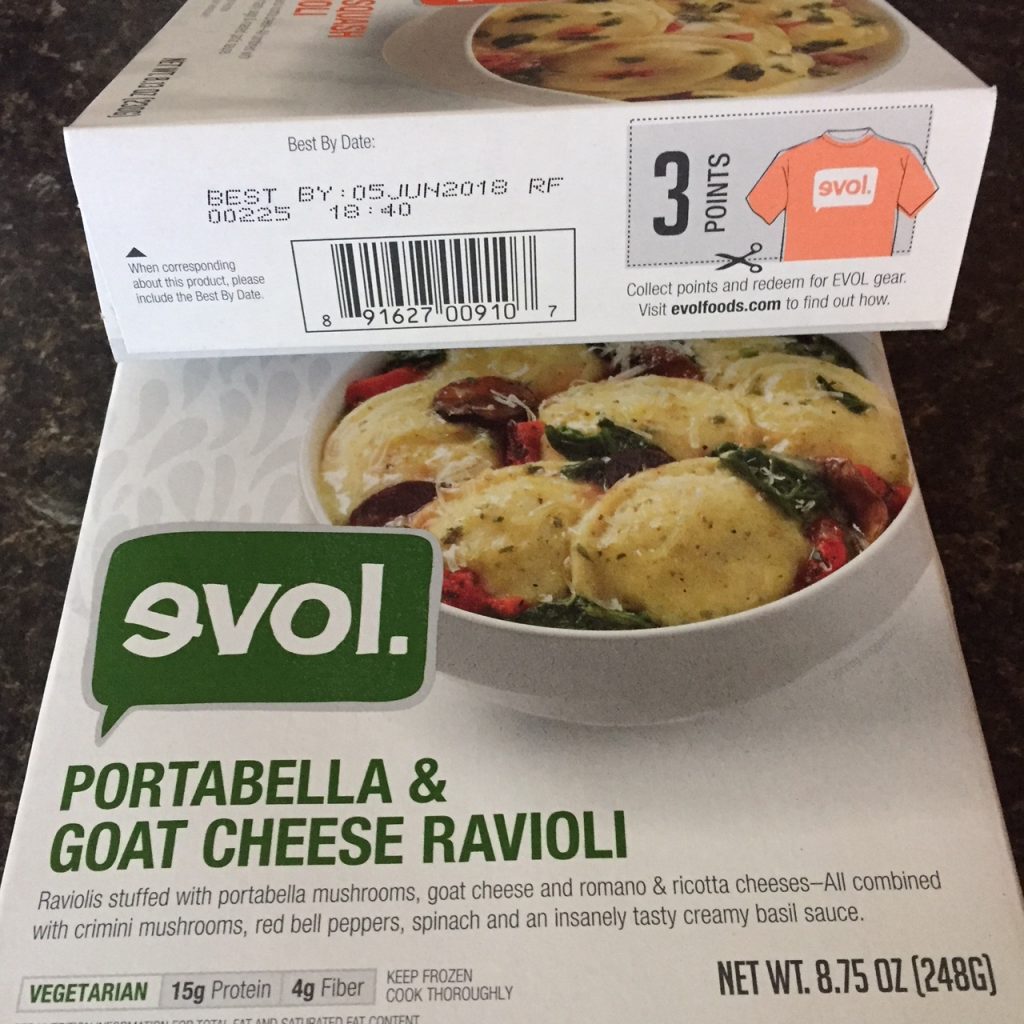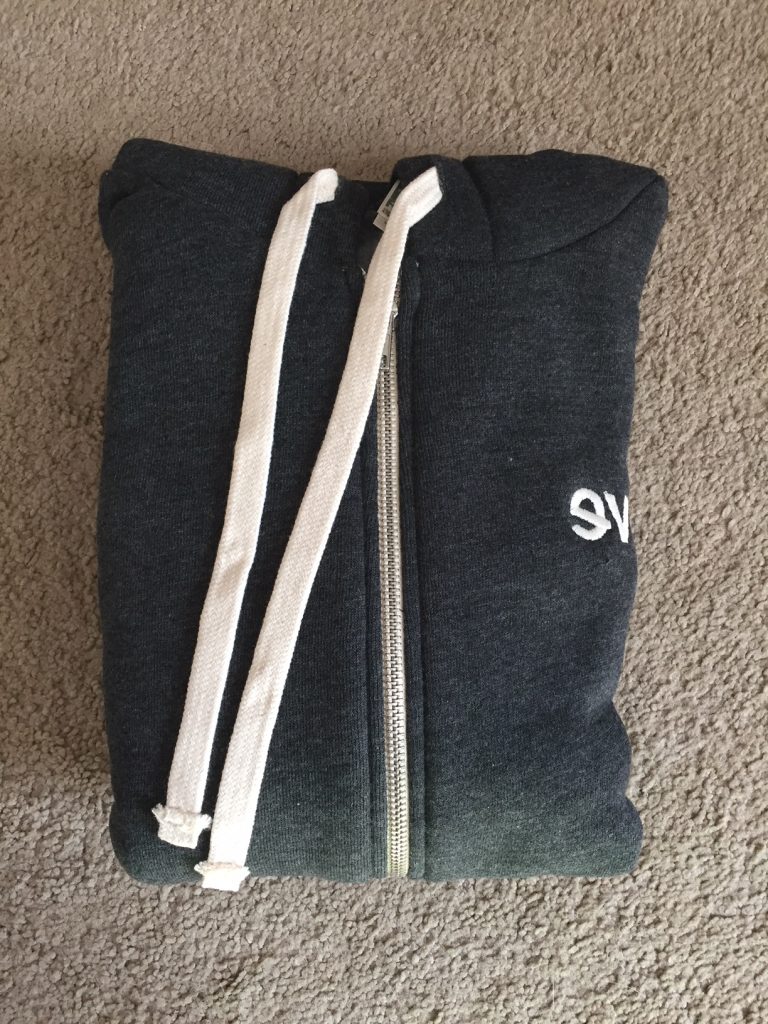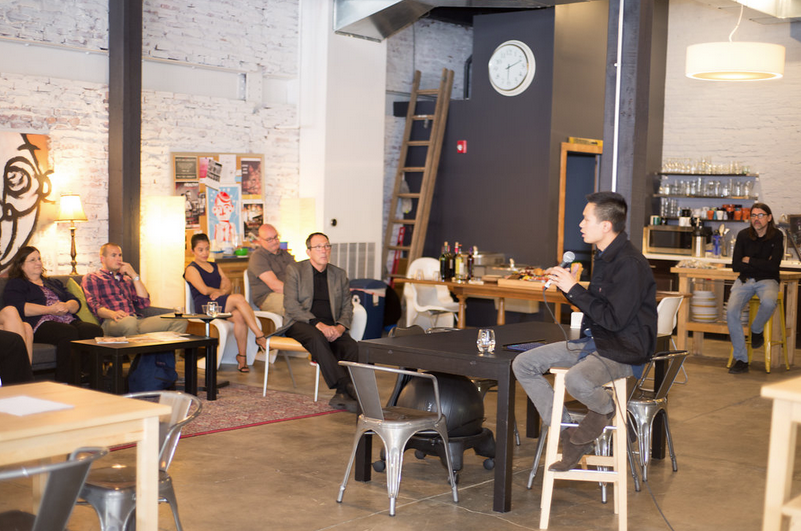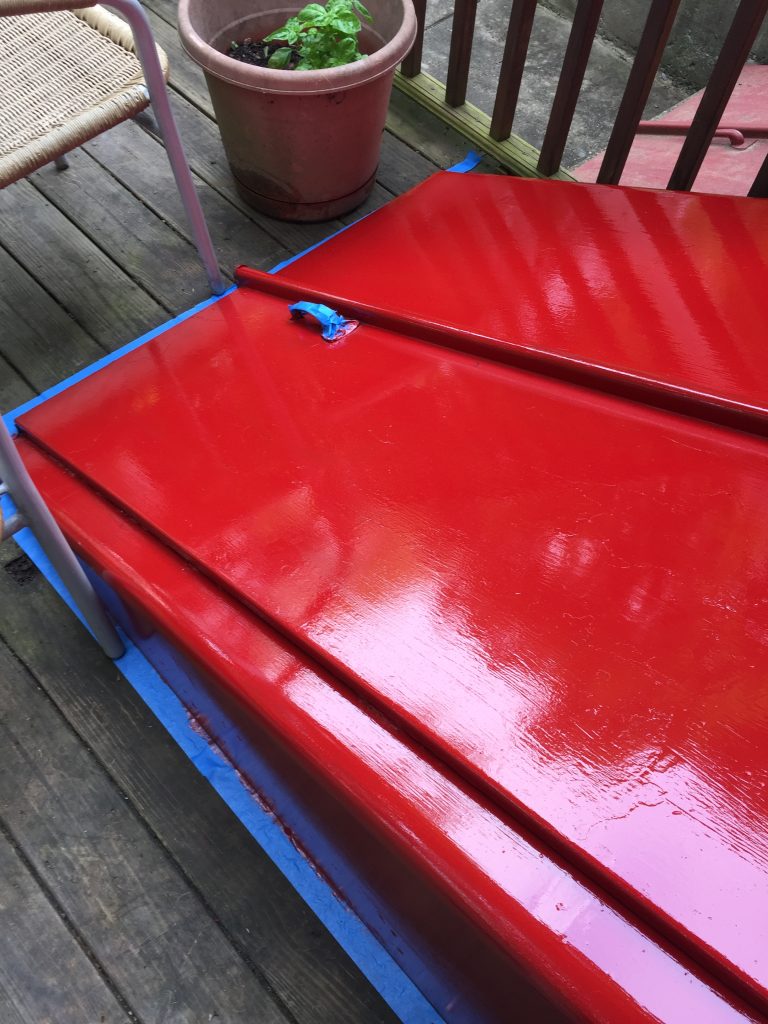I recently completed Buddhism and Modern Psychology by Professor Robert Wright on Coursera.org. In the supplemental material, one of the video lecturers was one between Wright and Paul Bloom on Bloom’s book How Pleasure Works: The New Science of Why We Like What We Like.
In it, Bloom talked about the essence of things. From a review of the book: “What matters most is not the world as it appears to our senses. Rather, the enjoyment we get from something derives from what we think the thing is.” Bloom argues that at the root of pleasure is our reading (or misreading) of the essence of something rather than the facts presented to our senses.
Like Wright, Bloom traces the origin of essence to natural selection. “We have evolved essentialism to help us make sense of the world, but now that we have it. It pushes our desires in directions that have nothing to do with survival and reproduction.”
Bloom argues that we endow everything including people and items with an essence that gives them a value. This is why a tape measured owned by JFK has more value than the humbleness of the object would suggest. It’s value is inherent in who owned it. It’s essence.
Essence works both ways. Bloom argues that clothing and other items owned by regular people have less value. They are herein tainted by being used.
I think Bloom’s argument is a intriguing one, and I find a lot to relate to. I’ve noticed that used items have far less market value when buying clothing at thrift stores and on eBay. Clothing of all types goes for a fraction of its retail value. Even unique pieces can usually be found with enough patience, and their value as determined by the market is far under retail. If you’re concerned about essence, then, by all means, buy things that have never been used. If you’re not, just wash them, and they’ll be yours.
